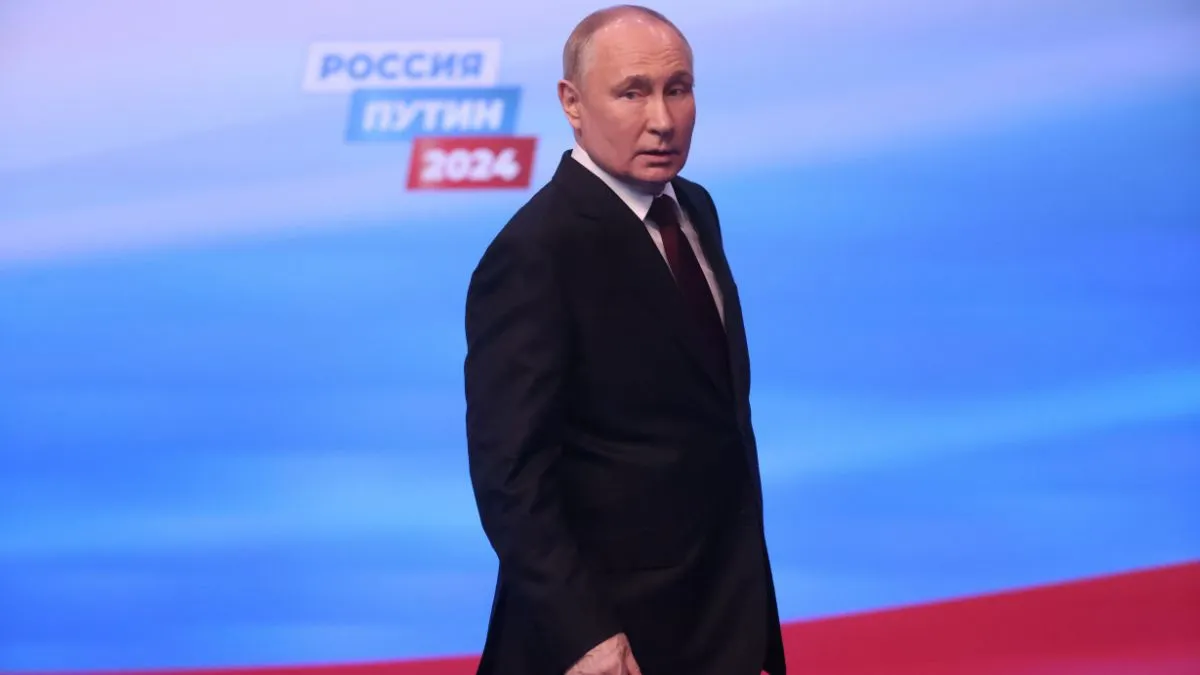President Donald Trump has sharply shortened the deadline he gave Russian President Vladimir Putin to stop the war in Ukraine, from 50 days down to just 10 to 12 days, after new deadly attacks on Ukrainian cities.
Earlier this month, Trump warned that if the war didn’t stop by early September, Russia and its trading partners would face major economic penalties, including tariffs of up to 100%. That 50-day timeline was meant to give diplomacy a chance. But after no signs of progress and continued missile strikes on civilian areas, Trump says the waiting time is over.
Speaking from Scotland after a meeting with U.K. Prime Minister Keir Starmer, Trump said he was “deeply disappointed” in Putin. He referenced recent Russian missile attacks on cities like Kyiv that killed dozens, including people in a nursing home, as a reason for his decision to move the deadline up.
“Deals were being discussed,” Trump said, “but every time, new attacks followed.” His statement hinted at a lack of trust in Putin’s willingness to negotiate or de-escalate.
This tougher stance marks a shift in tone from Trump, who during his 2024 campaign claimed he could end the war in one day if elected. But after taking office, multiple rounds of talks have failed to produce results. The third round of peace negotiations between Ukraine and Russia recently ended with no ceasefire agreement, adding to Trump’s growing frustration.
Critics online, including Ukrainian voices, say Russia had used the original 50-day window as “a green light to escalate,” launching even more deadly attacks across Odesa, Kharkiv, and Cherkasy. Videos and photos from the last 12 hours show devastating scenes from the strikes.
Now, with the shorter deadline in place, an official announcement from the White House is expected soon, outlining what exact penalties Russia will face if the war continues past the new timeline.
Trump has also begun using much stronger language against Putin in recent weeks, a major shift from earlier in his presidency. While still pushing for a negotiated end to the conflict, his tone suggests a much harder line going forward.


